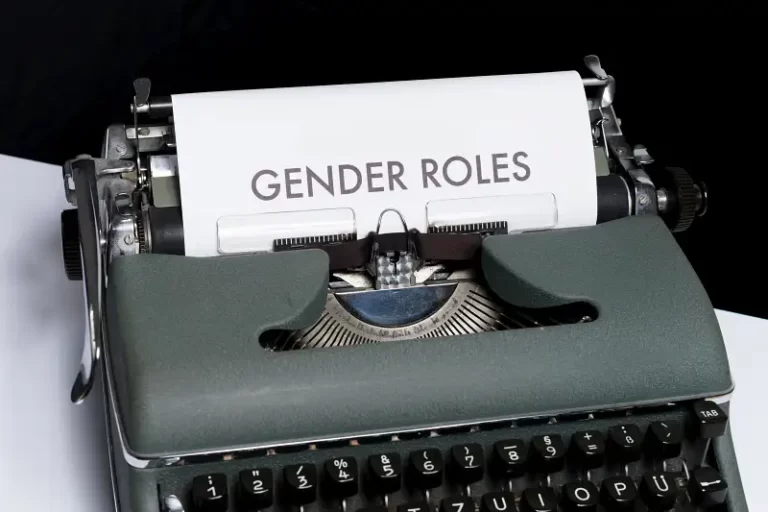
Labelling Theory and Gender in Sociology
Labelling theory is a perspective in sociology that focuses on how individuals and groups are labelled by society and how these labels influence their behavior and social interactions.

Labelling theory is a perspective in sociology that focuses on how individuals and groups are labelled by society and how these labels influence their behavior and social interactions.

This blog post explores Pierre Bourdieu's concept of symbolic violence and its connection to gender and social power dynamics. It discusses how dominant groups maintain their power through the imposition of cultural norms and values, and how gender plays a significant role in perpetuating power imbalances. The post also highlights the role of habitus in reinforcing symbolic violence and the potential for resistance and counter-symbolic violence. By understanding and challenging symbolic violence, society can strive towards creating a more equitable and inclusive environment for all individuals.

Objectification is a concept that holds significant importance in the field of sociology. It refers to the process by which individuals are reduced to mere objects, stripped of their inherent human qualities and treated as commodities. This blog post explores the understanding of objectification, its consequences on individuals and society, and ways to resist it. Topics covered include gender objectification, race objectification, and the importance of education, media literacy, diversity, respectful relationships, legislation, and policy. By challenging and dismantling objectification, we can work towards creating a more equitable and inclusive society where individuals are respected and valued for their full humanity.

Explore the neoliberal view of gender and its impact on society. Learn about the key tenets of this perspective, including individual agency, market rationality, and self-entrepreneurship. Discover the critiques of the neoliberal view of gender, such as the emphasis on individual blame and market failures. Gain a deeper understanding of the complexities of gender relations and the societal forces that shape our understanding of gender.

Explore the postmodernist perspective on gender and its implications in society. Learn about the deconstruction of gender, the social construction of gender, the role of power in shaping gender dynamics, and the criticisms of the postmodernist view.

Learn about the feminist view of gender and its impact on society. This article outlines the three main perspectives of liberal feminism, radical feminism, and intersectional feminism. It explains how feminists challenge the traditional understanding of gender roles and advocate for gender equality.

This blog post explores the Marxist view of gender, discussing how capitalism and class struggle intersect with gender inequality. It outlines the key points of the Marxist perspective, including the division of labor, exploitation of women's unpaid domestic labor, and the benefits of maintaining gender roles for the capitalist class.